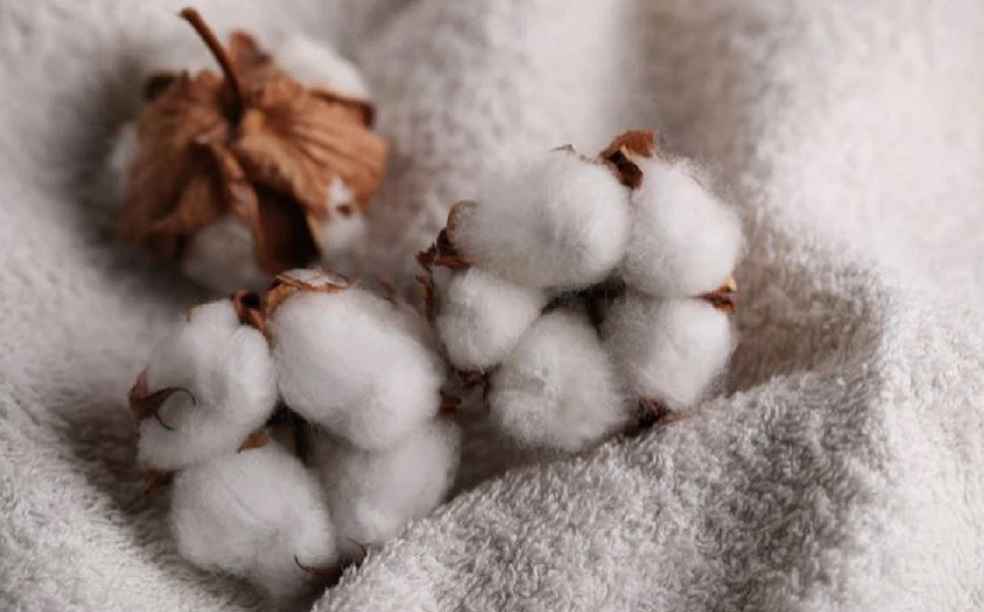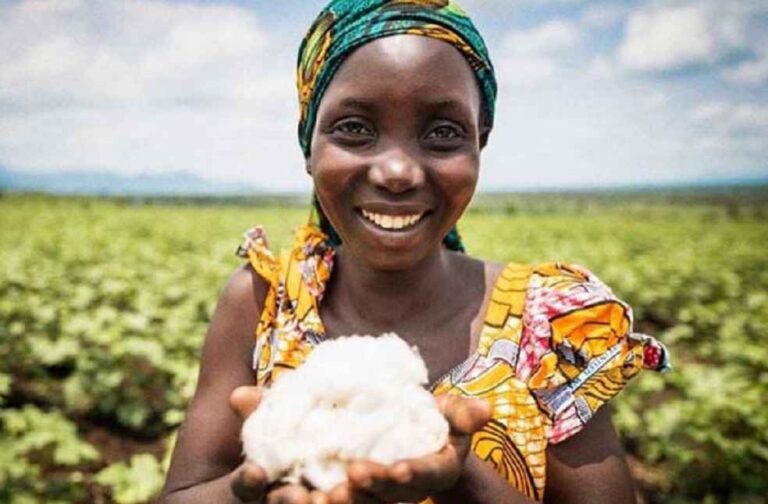A partnership among Better Cotton, the World Trade Organization (WTO), and FIFA—under the banner of Partenariat pour le Coton—aims to redefine cotton production dynamics within West and Central Africa. This coalition, seeks to shift the prevalent model of exporting primarily raw cotton to fostering a robust, locally-driven processing industry.
Fueled by funding from the African Export-Import Bank (Afreximbank), Better Cotton will initiate comprehensive sustainability assessments across Mali and Côte d’Ivoire. These strategic evaluations are tailored to pinpoint smallholder cotton farmer needs, facilitating precise support and promoting the cultivation of sustainable, regenerative cotton.
This initiative marks a strategic pivot towards amplifying local processing capabilities to elevate economic benefits derived from cotton exports, which predominantly exit the region as raw material. This approach promises to not only enhance farmer incomes but also fortify supply chain integrity across these nations.

Alan McClay, CEO of Better Cotton, underscores the initiative’s capacity for regional transformation. “Africa is a vibrant and exciting region for cotton production and our expansion on the continent is demonstrative of that. At the heart of our mission are cotton farmers, workers and the surrounding communities – these assessments will help optimise our efforts and pave the way for continued sustainable economic development across Mali and Côte d’Ivoire,” McClay explains.
Echoing this commitment, Kanayo Awani, Executive Vice President of Afreximbank, elaborates on the project’s expansive impact. “Through initiatives like these, we are committed to supporting Africa’s smallholder farmers and the entire cotton value chain, enabling them to extract maximum value from their produce, boost value addition, attain higher levels of sustainability and improve quality, all while prioritising superior products with global market potential,” Awani asserts.

Gianni Infantino, FIFA’s President, articulates the coalition’s broader societal ambitions at its inception. “Together with the WTO and other partners, FIFA wants to do something real, something concrete, something impactful, and something that will have an influence on the lives of many people. We want to create jobs. We want to help in the fight against poverty. We want to empower women — especially in these countries — and this is something that we need to pursue and push,” Infantino comments.
This initiative emerges as Better Cotton addresses scrutiny over its certification practices, following allegations linking its sustainably-certified cotton to Brazilian farms accused of illegal deforestation.
This bold step in West and Central Africa signifies a crucial advance toward ethical, lucrative, and sustainable cotton production, potentially reshaping agricultural practices within the region.
LATEST NEWS | UAE and Ukraine Sign Major Trade Deal to Expand Economic Cooperation



